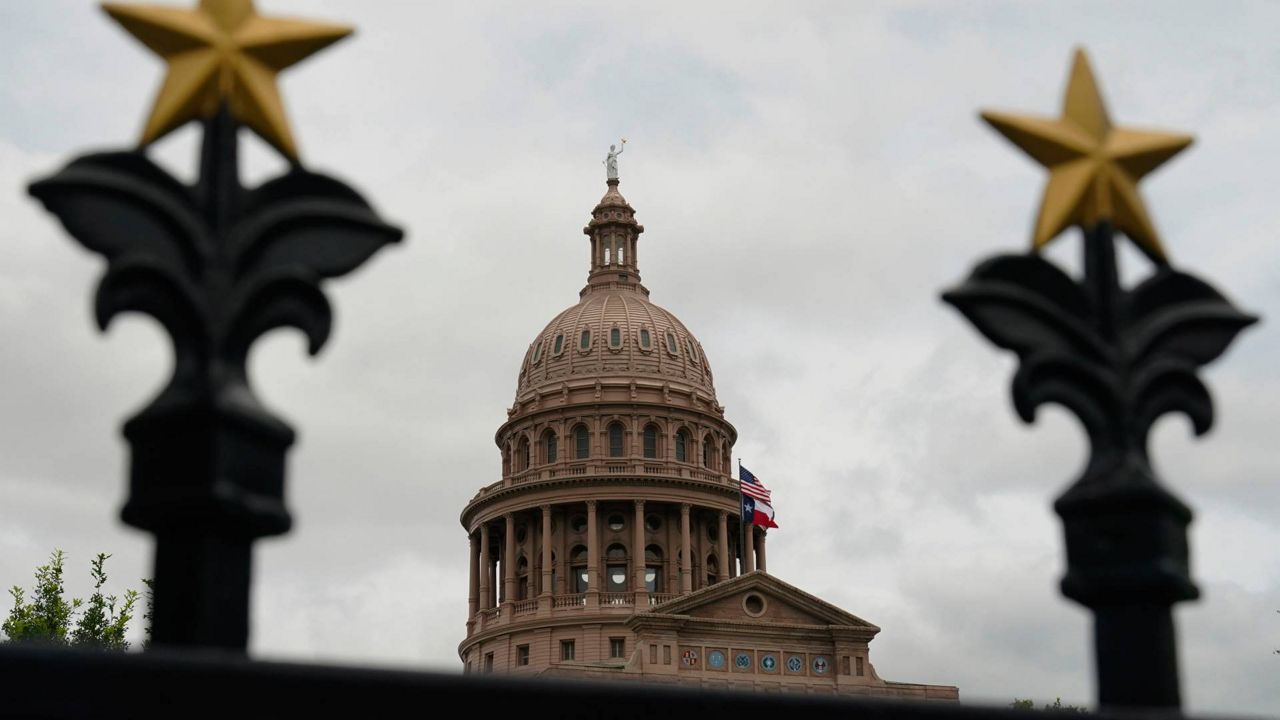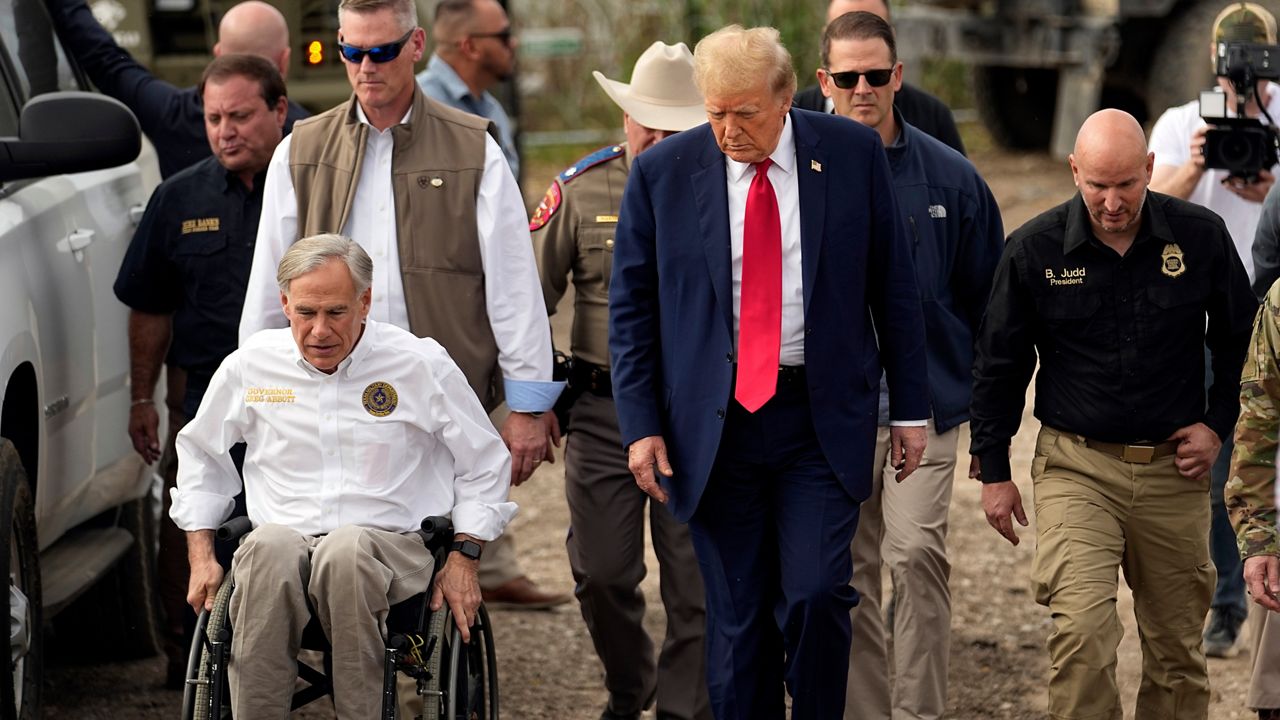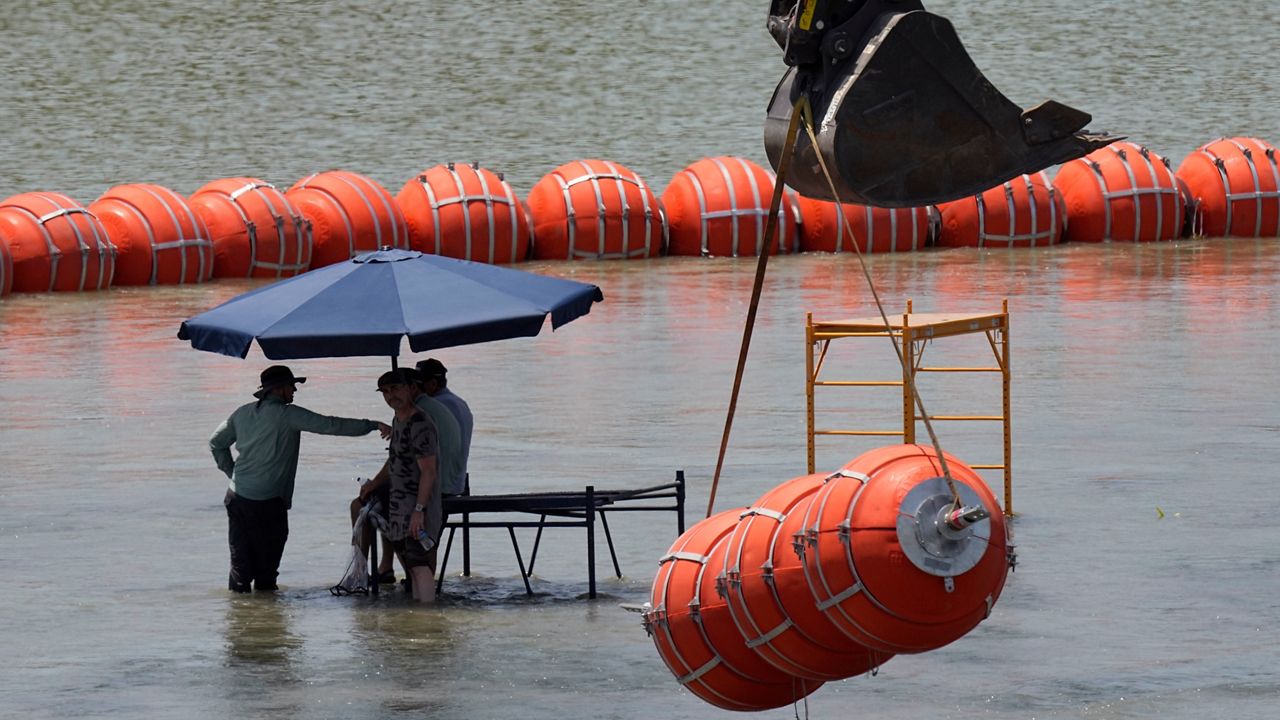TEXAS — New laws went into effect on Jan. 1 in Texas, and the most notable concern property tax relief, residential and commercial construction and an overhaul of the state’s judicial branch.
SB 12
Passed during the last legislative session, Senate Bill 12 concerns the amount of taxes school districts can levy on the residence homestead of a person who is elderly or disabled.
According to state Rep. Hugh Shine, R-Temple, it will “reflect any reduction from the preceding tax year in the district’s maximum compression rate.”
“The 86th Legislature passed House Bill 3, the school finance reform bill last session. HB 3 provided school M&O tax rate compression for property taxpayers, where the state provides additional dollars to school districts in return for lower local school tax rates,” Shine further explained. “Texans over 65 or those who are disabled did not receive this reduction. SB 12/ SJR 2 would put to the voters again the option to extend the tax rate compression from HB 3 to those over 65 or disabled, so they too would see their school M&O tax rate reduced.”
The bill only takes effect if Senate Joint Resolution 2, 87th Legislature, 2nd Called Session, 2021, is approved by voters.
HB 3774
House Bill 3774 involves a sweeping overhaul of the operation and administration of courts in the state’s judicial branch.
It includes the creation of new courts, modification of court procedures and a change of duties for some district officials.
The bill will do the following:
- Creates ten district courts, five statutory county courts, one statutory probate court, and one criminal law magistrate court;
- Revises the jurisdiction of certain statutory county courts;
- Grants the magistrates of certain counties jurisdiction in criminal actions;
- Establishes the duties of certain district and county attorneys;
- Makes certain changes applicable to proceedings in a justice or municipal court or in juvenile justice and family courts;
- Provides for public access to the state court document database, if authorized by the Texas Supreme Court;
- Revises procedures for the transfer of cases between courts and provides for the development of a standardized transfer certificate and an index of transferred documents form;
- Provides for a code of professional responsibility to regulate the conduct of entities regulated by the Texas Forensic Science Commission, revises the commission’s investigatory power, and authorizes the commission to use appropriated funds for the training and education of forensic analysts;
- Includes a veterans county service office among the causes to which a juror may donate their daily reimbursement;
- Provides for the appointment of a judge or magistrate of a district or statutory county court to preside over a regional specialty court program under certain conditions;
- Authorizes a defendant participating in a veterans treatment court program to be transferred to another such program in a county adjacent to the county where they work or reside;
- Requires the Texas Supreme Court to adopt rules regarding exemptions from seizure of a judgment debtor’s property;
- Provides for the protective order registry to include protective orders for victims of sexual assault or abuse, stalking, or trafficking and for the removal of certain vacated orders from the registry;
- Makes certain changes regarding the regulation of court reporters;
- Extends the deadline by which the state’s attorney must answer an application for a writ of habeas corpus filed after final conviction in a felony case without the death penalty and provides alternative methods for serving a copy of an application for such a writ on the state’s attorney in a community supervision case; and
- Authorizes a justice or judge to order the use of the uniform incident fingerprint card to take the fingerprints of an offender who is charged with a fine‑only misdemeanor involving family violence but was not placed under custodial arrest.
SB 1210
Senate Bill 1210 amends the Texas Clean Air Act, Health and Safety Code. It forbids building codes from prohibiting the use of substitutes for hydrofluorocarbon refrigerants during residential or commercial building construction. That involves air conditioning systems. It is in line with the federal government’s Clean Air Act.









